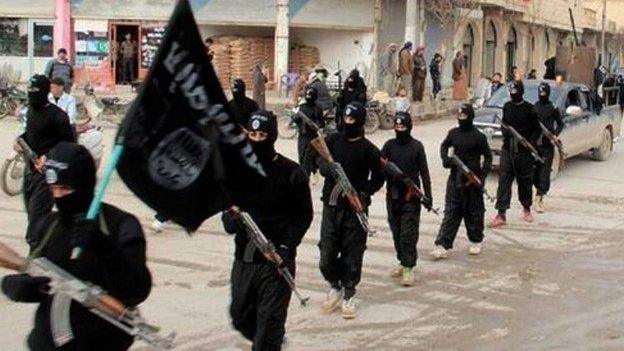Lee Rigby murder: Internet firms must do more on terror, says PM
- Published
Lee Rigby's uncle Ray Dutton: "In my heart of hearts I can't believe that... Lee's murder could have been stopped"
The big internet companies have a "social responsibility" to act on terrorist material posted online, Prime Minister David Cameron has said.
It comes after a report into Fusilier Lee Rigby's murder, external found one of his killers spoke online about murdering a soldier five months before the attack.
The intelligence agencies did not know about this exchange, understood to have been on Facebook, until afterwards.
Facebook said it did not allow terrorist content and aimed to stop it.
Human rights organisations accused the inquiry of shifting the blame on to internet companies and away from the intelligence agencies.
The report comes a day before the government outlines plans to increase powers for police and security services.
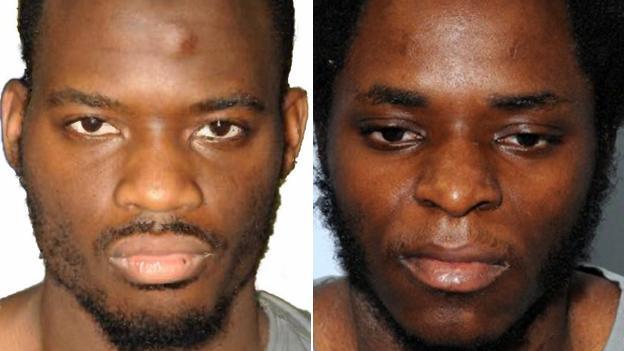
Michael Adebolajo, left, and Michael Adebowale
Fusilier Rigby was killed on 22 May last year, near Woolwich Barracks in London.
Michael Adebolajo and Michael Adebowale drove into the 25-year-old before hacking him to death.
'Safe haven'
The report, by the Intelligence and Security Committee (ISC), concluded Fusilier Rigby's death could not have been prevented despite his killers appearing in seven intelligence investigations.
But it revealed Adebowale had expressed his intent to murder a soldier in a "graphic and emotive" manner during an exchange with an overseas extremist in December 2012.
The report does not name Facebook, but said the company involved did not "regard themselves as under any obligation to ensure that they identify such threats, or to report them to the authorities".
The UK authorities became aware of the exchange only in June 2013, a month after Fusilier Rigby was murdered.
Committee chairman Sir Malcolm Rifkind said had the security services had access to the exchange there was a "significant possibility that MI5 would have been able to prevent the attack".
The Conservative politician accused the company of providing a "safe haven for terrorists".
A Facebook spokesman said its policies were clear, adding: "We do not allow terrorist content on the site and take steps to prevent people from using our service for these purposes."
'Murder and mayhem'
Mr Cameron said there were "serious concerns" over the approach of some internet companies based overseas.
"Terrorists are using the internet to communicate with each other and we must not accept that these communications are beyond the reach of the authorities or the internet companies themselves," he told MPs after the report was published.
"Their networks are being used to plot murder and mayhem. It is their social responsibility to act on this."
The report also said Adebowale had eight other social media accounts shut down for posting terrorist content - using automated systems that look for such content - but this information was not passed to authorities.
Isabella Sankey, director of policy for Liberty, said: "The ISC shamefully spins the facts seeking to blame the communications companies for not doing the agencies' work for them."
Executive director of the Open Rights Group, Jim Killock, said: "To pass the blame to internet companies is to use Fusilier Rigby's murder to make cheap political points."
But Fusilier Rigby's uncle Raymond Dutton said he did not believe his nephew's murder was preventable.
Missed opportunities
The committee spent 18 months examining the action MI5, MI6 and GCHQ (Government Communications Headquarters) took in relation to Adebolajo and Adebowale.
The report identified a number of serious delays and potential missed opportunities.
They included:
A four-month delay in opening an investigation into Adebolajo following his return from Kenya in 2010. He had been arrested in the African country after apparently preparing to fight with Somali militant group al-Shabab
An eight-month delay before Adebowale was first actively investigated in 2012
An application for intrusive surveillance on Adebowale in 2013 took "nearly twice as long as it should have"
Had the original target been met "these further intrusive techniques would have been in place during the week before and on the day of the attack"
The report found the two murderers were in contact 39 times between 11 April and 22 May 2013 - including seven attempted calls and 16 text messages on the day before the attack.
But "none of these text messages revealed any indication of attack planning or indeed anything of significance".
The report's conclusion was "given what the agencies knew at the time, they were not in a position to prevent the murder of Fusilier Rigby".
Adebolajo was sentenced in February to a whole-life term and Adebowale was jailed for a minimum of 45 years for the killing. They were 29 and 22 years old respectively when sentenced.
- Published25 November 2014
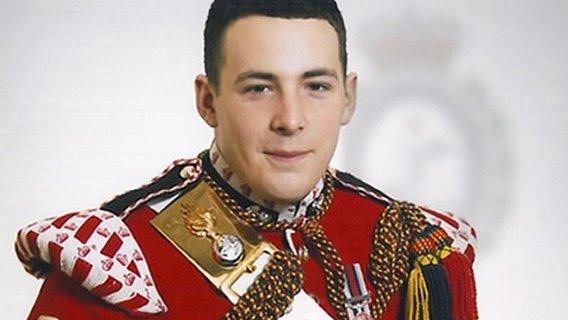
- Published25 November 2014

- Published25 November 2014
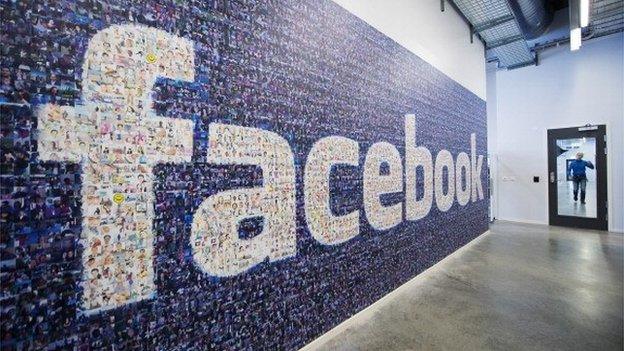
- Published25 November 2014

- Published25 November 2014
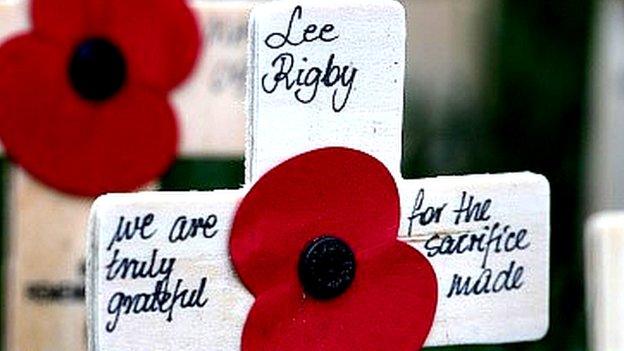
- Published26 February 2014
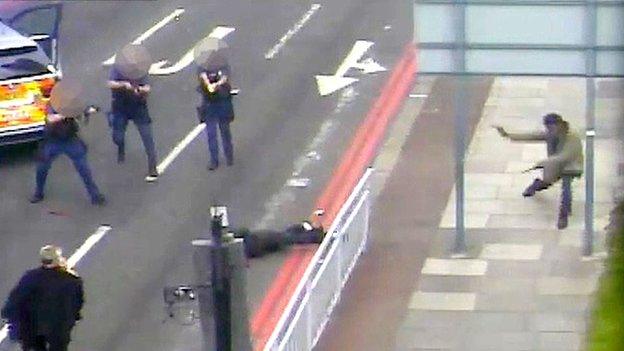
- Published26 February 2014
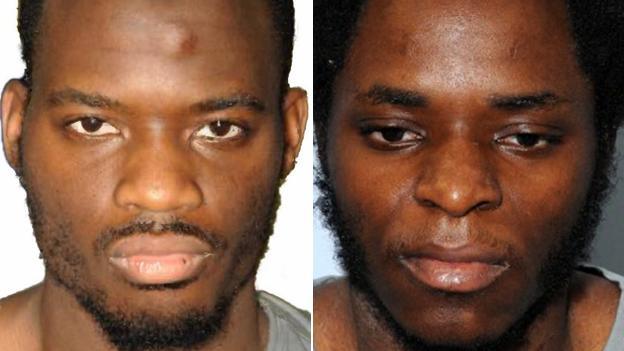
- Published4 November 2014
